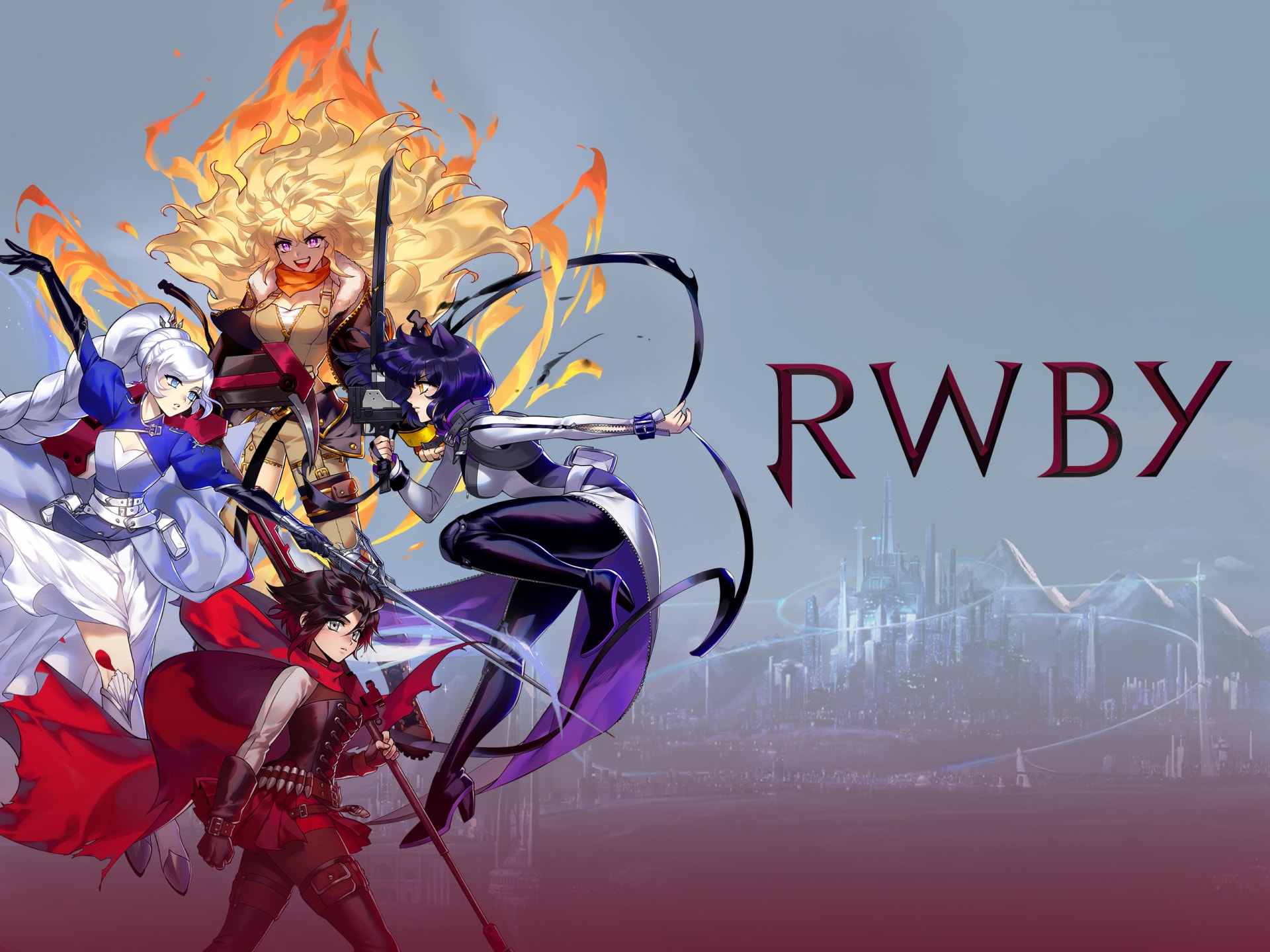English Dub Review: Fate/Grand Order Absolute Demonic Front: Babylonia; “Goodbye, Goddess of the Underworld”
Overview (Spoilers Below)
Fujimaru, Mash, Ishtar, and Gilgamesh have their dramatic confrontation with Ereshkigal in the Underworld to determine the fate of the souls who were taken too soon.
Our Take
Fujimaru opens the encounter with Ereshkigal by trying to convince her to drop the hostilities and join him in Uruk. Ereshkigal, frustrated with always being treated as the bad guy, has none of this and states she will take over Uruk and Mesopotamia herself.
The ensuing battle is large in scale but doesn’t deliver the same impact as the battles with the other goddesses from the alliance. Ereshkigal fights with a gigantic skeleton avatar, but we don’t feel the enormity of it as the entire battle takes place at range with the combatants flinging projectiles at each other from across the room. And these projectiles don’t have a lot of variety; most of them are just huge rocks that Ereshkigal is throwing at everyone. Mash blocks the rocks, Gilgamesh breaks them, sometimes rocks explode for no reason. This isn’t a bad fight by any means, but for the most part, it’s probably the least inspired we’ve seen from the battles of this caliber.
The clash between Ereshkigal and Mash’s Noble Phantasms is particularly excellent though, as most Noble Phantasms tend to be. Mash’s ultimate attack has her erecting an impenetrable fortress which Ereshkigal throws all of her magical might at, and you can see how she strains as she tries to break through it. A skeleton normally can’t emote very well from the face, but Ereshkigal’s design is stylized well with sharp angles and cracks near the eyes, rendering all of her efforts are visible, successfully delivering the grand impact of the Noble Phantasms.
There’s a lot of wordy dialogue shouted throughout this battle, all of which basically boils down to the following. Lonely and feeling unrecognized, Ereshkigal took over the body of her other half to see the world of humans. She observed and conversed with Fujimaru, saw the appreciation he received for his efforts, and thought to try the same for herself. Her “efforts,” however, consisted of indiscriminately killing the citizens of Uruk in what must’ve been a mix of desperation and rage. Predictably, nobody appreciated the wanton death she caused, increasing her frustration.
The narrative linchpin in all of this though, if you could even call it that, is that Ereshkigal believed nobody could see her true intentions in all of this. Much to her great surprise, Fujimaru was able to sift through the slight ambiguity of her words, as was probably most of the audience as well. Once she realizes that she got found out, her personality does an exaggerated 180 and she is instantly reduced to a blushing little girl. Now instead of being slightly annoying with her obstinate negativity, she is very annoying with her stark infatuation with Fujimaru.
Then there’s a moment where all of this appears to be tragically cut short as Ereshkigal is cut in twain by the sword of the overly-mysterious Ziusu-dra, who makes another vague and brief appearance. Ereshkigal is unharmed, however, as Ziusu-dra merely “cut” her alliance with the other goddesses, which is apparently a thing that not only can be physically cut but also must be cut to make it official. The alliance seemed like it was pretty much in the trash before though, as Quetzalcoatl has already joined Fujimaru, so this seems more like a completely pointless formality than anything else. I think they only reason they wasted our time with this was to remind us that Ziusu-dra exists.
This episode is the endpoint of a through-line that has existed through the past few episodes focusing on Ishtar and Ereshkigal. We’ve now seen what is, assumedly, the entirety of their character stories put on full display. The intrigue in watching their narratives unfold is in seeing how the divine traits of the deities they’re based on are morphed when given a human psyche. This style of characterization is more or less part and parcel with the entire Fate series itself if my recollection is correct.
In the case of Ishtar and Ereshkigal, their story is potent with a somewhat subtle existential woe. They are two sides of the same coin; both goddesses who love humans, but due to their divine origins are only able to show that love through distorted or indirect means. Ishtar demands jewelry, but uses it to power her magic and save whoever she can. Ereshkigal must administer the afterlife, and so makes death as painless as possible. Tackling the human side of the equation of theology in this fantasy setting is one of the core strengths of this show and is capable of bearing the weight of heavy questions.
But all of that potential is nearly wasted because they were both made tsundere characters by the dogma of anime tropes. All of their complexity is burdened by the fact that they’re inherently incapable of being honest with themselves and must display that dishonesty in the form of hollow and needless hostility towards Fujimaru, while also being inexplicably infatuated with him. It’s impossible for them to interface with him without being impertinent brats about it, all because it’s some weird turn-on for somebody. These two goddesses could’ve had far more sympathizable character arcs if their personalities weren’t designed simply to stimulate some pre-programmed part of the otaku brain.
The dramatic payload of Ishtar and Ereshkigal’s tale is ultimately still effective though. However, the potency is irrevocably altered by the dogged desire to adhere to anime traditions. Whether you enjoy those traditions is obviously subjective; I personally find them rather cumbersome.
Now that Ereshkigal has un-killed everybody and is confirmed to become a future deus ex machina, maybe now we’ll address the biggest through-line in this series: Gilgamesh and Enkidu.



























Just cancel this bird already. The chicken is beyond cooked. It's burnt to a crisp.